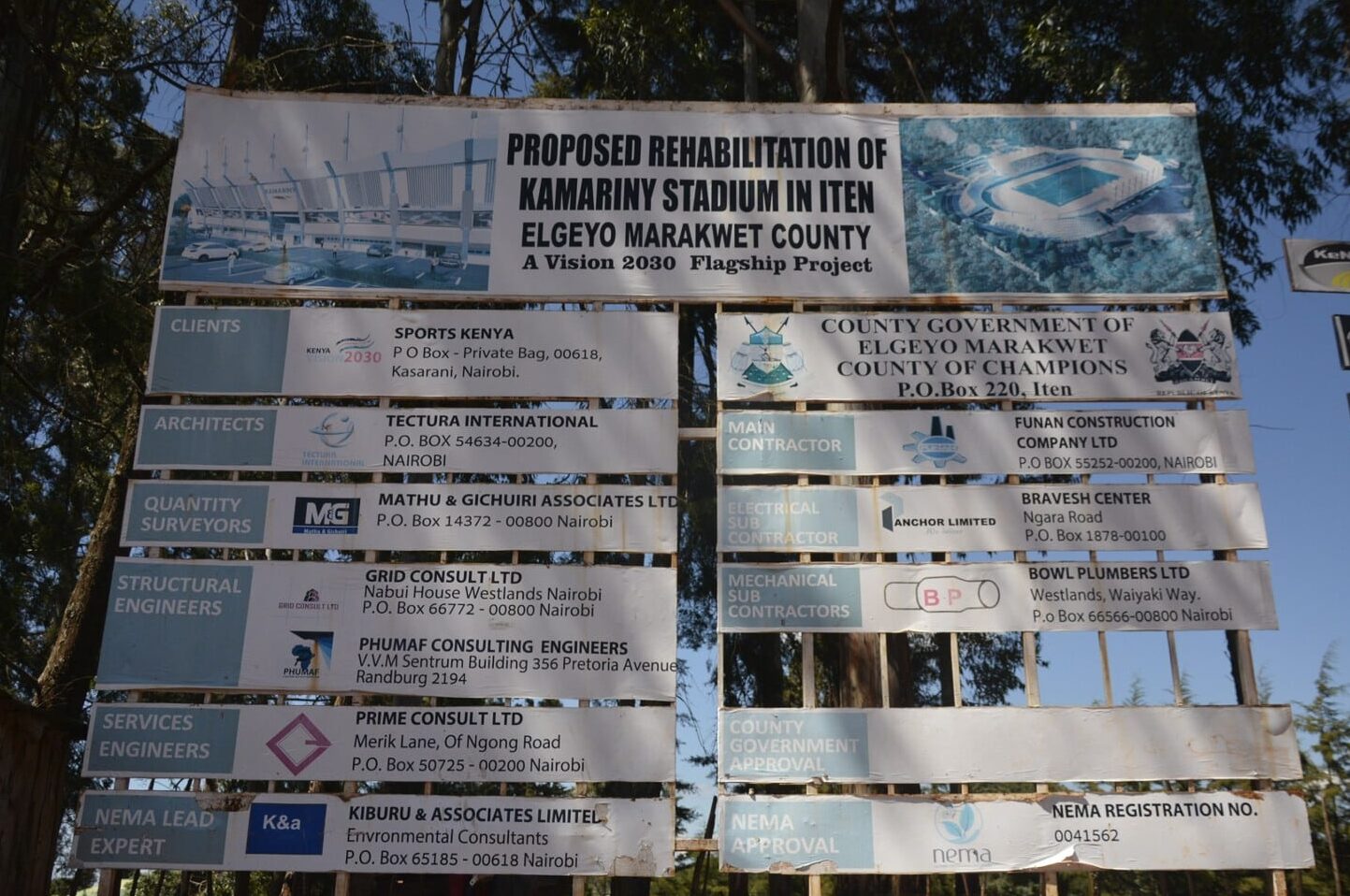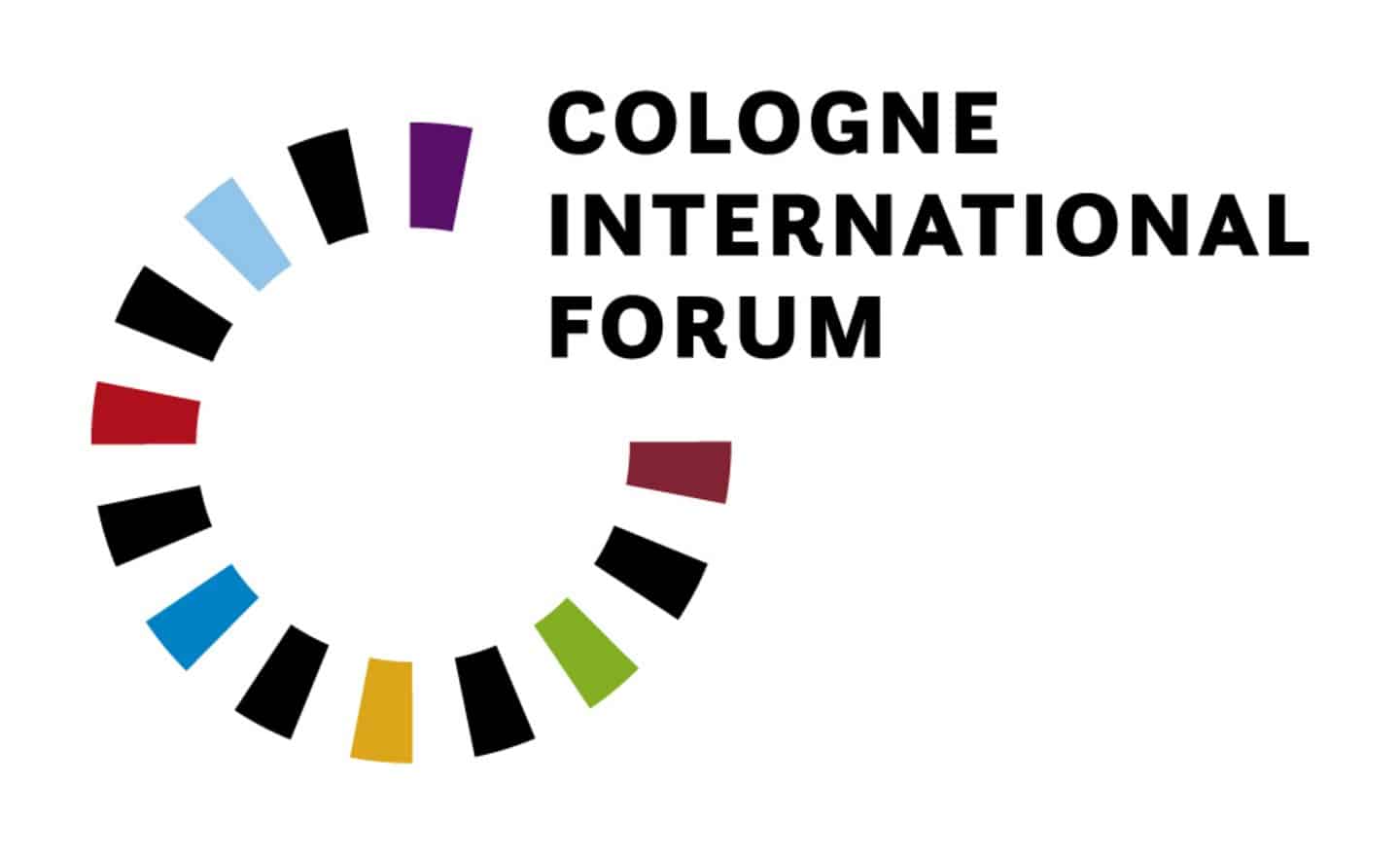Debating partnerships, collaboration, and research in Africa in the context of #BlackLivesMatter.
The recent, violent death of George Floyd and the subsequent worldwide protests against structural forms of racism and discrimination triggered a discussion among members of the CRC-TRR 228. We unanimously condemn the brutal killing of George Floyd and other victims of police violence. As important as the current protests against racism and the related debates about discrimination and marginalization are, the current outcry is also a sad reminder that we have by far not overcome what should have long been self-evident: Having to remind the general public that “Black Lives Matter” is reminiscent of a chapter, which many had hoped to have closed.
Police violence against the black population is of course by no means a problem that is exclusive to the United States of America, and neither are structural forms discrimination limited to police brutality against marginalized groups. In all societies around the world people are discriminated against because of the color of their skin, their ethnicity, religion, gender, sexuality or their social status.
In a collaborative research center concerned with the future in rural Africa, we too have to ask ourselves how the structures within which we operate might be biased against our own members, colleagues, partners, and informants. How is the CRC’s research agenda skewed and where can we improve it?
As a primarily German center, researching future-making in African settings must be done in close cooperation with partners and colleagues in the individual countries that we do research in. Within the CRC there are currently ongoing debates, whether the established cooperation is truly worthy of the title \”partnership\”, and what can be done to create platforms for equal collaboration with African colleagues? How can we contribute to a reform of funding regulations, allowing African scholars to set the research agenda as principal investigators?
Looking at the members of the CRC we need to ask what role diversity plays – at our departments, our faculties, our home universities, and the German academy at large. Do we value the opinions of all our colleagues equally, or is diversity becoming a strategic buzzword that guarantees funding?
Initiated by the CRC’s doctoral students, the CRC plans to host a workshop in October 2020 to address the above-mentioned questions and to critically examine discriminatory structures that run through our own research project. The topic will be addressed at the coming Jour Fixe meeting in July and the results of the workshop will be picked-up again by the plenary at the coming project retreat in November. The debate on North-South research collaborations will furthermore be included in the CRC’s lecture-series in the coming semester and we are currently developing ideas how to create more equitable forms of scientific partnerships.
If there is one lesson to be drawn for the activities of the CRC, it must be that there will be no future without equal rights, mutual respect, and the recognition that diversity is an asset and a prerequisite to shape an inhabitable earth. To achieve this is the responsibility of each of us.
By: Matian van Soest






